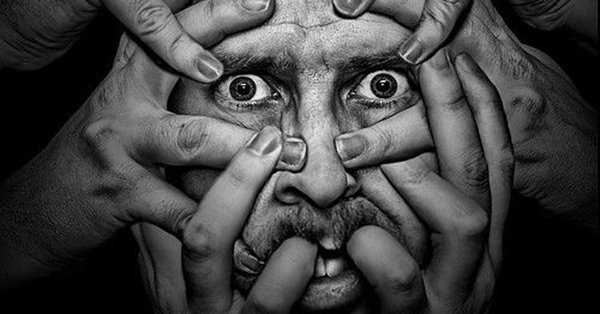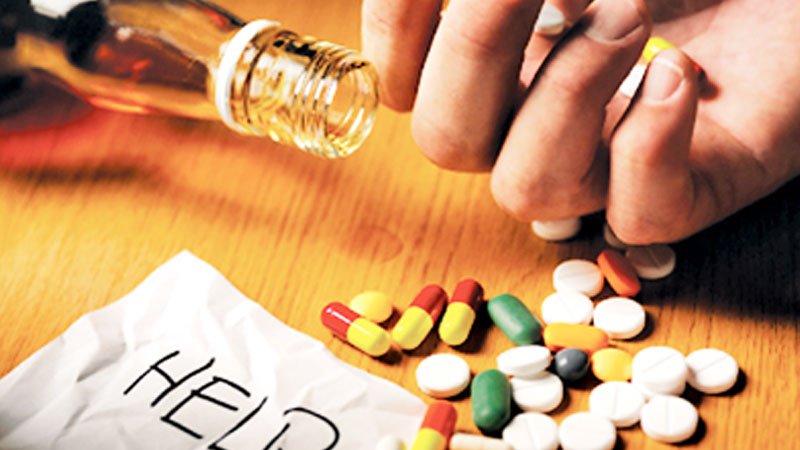Unfortunately, addiction and mental illness often occur hand in hand. Whether the addiction or the mental illness came first, the two are often found developing side by side.
Mental illness alone as well addiction alone both can increase the risk of suicide. There are many ways to help prevent suicide, but it becomes more complicated with the addition of a mental illness, addiction, or both.
If you know someone who struggles with either an addiction or mental illness, they may be at risk for suicide. Here are a few important steps to prevent suicide in those with mental health concerns.

Know the Risks
There are many risks involving addiction, mental illness, and suicide. However, it is important that you understand the relationships between the three. Addiction as a result of mental illness is often due to self-medication.
Self-medication occurs when a physical or mental illness is untreated, causing the person to find alternative ways to “treat” themselves. Alcohol and drug abuse are very common ways that people will attempt to treat their symptoms, leading to addiction.

Mental illness as a result of addiction often occurs because substance abuse has the power to alter the brain, causing chemical imbalances. Disorders such as anxiety and depression are caused by these imbalances, creating a substance-induced medical illness.
Suicide is far more common among people with addictions or mental illnesses. Both can lead a person to feel that life will never be worth living or that they will never recover, too often resulting in tragedy.
Seek Treatment
Getting help is the only way to truly recover from these difficulties and prevent suicide. Someone who is addicted to a substance must undergo rehabilitation as well as treatment for any mental illnesses.
Those with mental illnesses need to learn how to properly cope without abusing a substance. Whether that is through talk therapy or prescribed medication, learning how to handle life with a mental illness is key to a full recovery. With treatment, these negative symptoms will be controlled, reminding your loved one that life can be restored to their existence.

Be Supportive
While treatment is important, it can only do so much for a person without outside support. Friends and family should know how to be there for someone undergoing addiction or mental illness treatment.
Things that are and aren’t helpful, what you should and shouldn’t say, as well as simply understanding what the loved one is going through are all important for a quick recovery.
Gather close friends and family and do a little research on your loved one’s condition. Being supportive is easier than you think. It may only require listening, remain positive, and plan a few beneficial activities together.
Preventing suicide can seem like a momentous task, but in reality, it often simply means being supportive and working to get treatment. One cannot resolve the problem of suicidal thoughts without first tackling the cause of those thoughts.

Mental illness and addiction can very easily trigger negative thoughts and actions but, with treatment, it is fully possible to recover and begin to enjoy life once again.
The Fighting Therapist - Acknowledge Your Cognitive Distortions & Learn From Them

